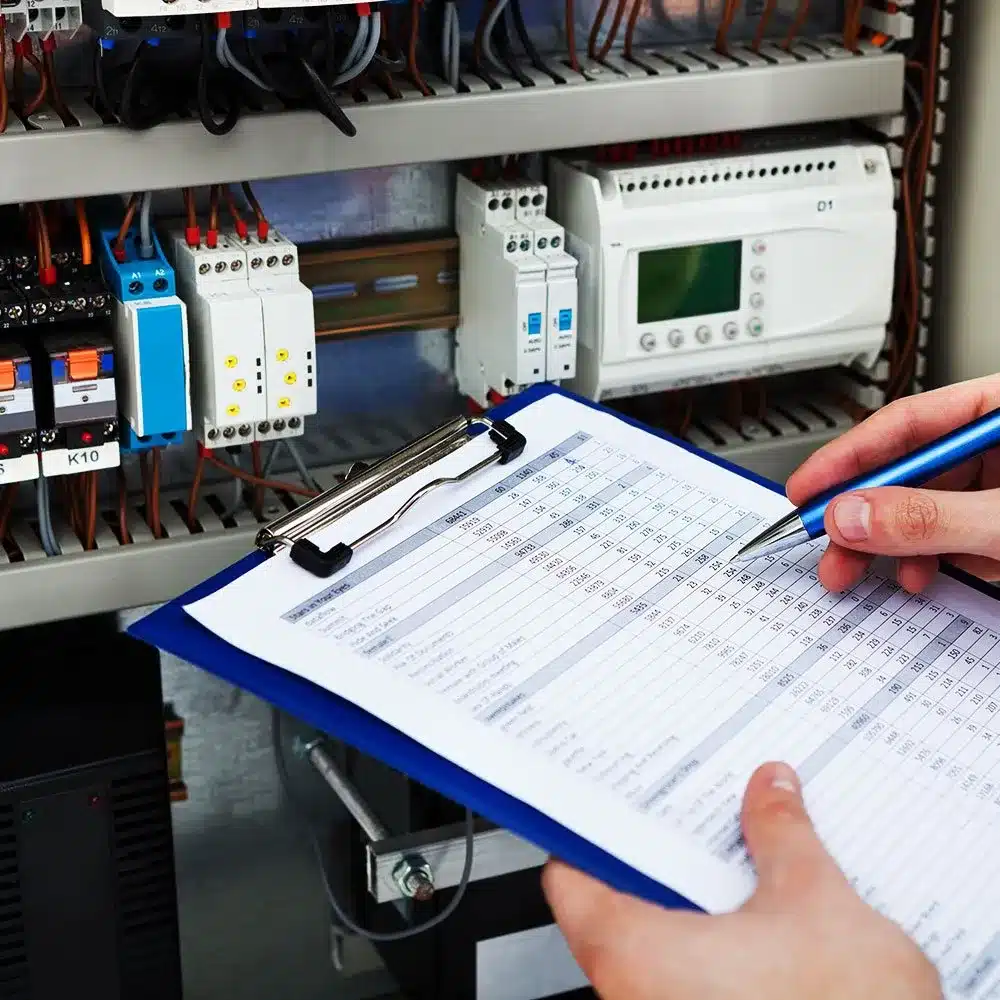
Business Types Requiring a Commercial EICR Certificate
A commercial electrical condition report is useful to all businesses maintaining a premises. Formal EICR regulations for commercial properties may become law in future, here are some of the business types and reasons why obtaining a commercial EICR is important:
Retail stores – Many retail businesses have extensive electrical systems, including lighting, heating, air conditioning, and security systems.
Office Buildings – Office buildings often have complex electrical systems to support lighting, power outlets, computers, communication equipment, and HVAC systems.
Manufacturing facilities – Manufacturing facilities typically have heavy electrical loads and specialized equipment that require careful monitoring and maintenance
Hotels and Hospitality – Hotels, restaurants, and other hospitality businesses rely heavily on electrical systems to provide essential services such as lighting, heating, cooling, and kitchen equipment
Healthcare Facilities – Hospitals, clinics, and other healthcare facilities must have stringent electrical safety requirements to protect patients, staff, and medical equipment.
These are just some examples of the electrical safety needs of different businesses. A Commercial EICR will help maintain a safe environment.A Commercial EICR will help maintain a safe environment.
Commercial Electrical Installation Condition Report Process
- Initial Assessment
- Visual Inspection
- Testing and Measurements
- Documentation and Reporting
- Remedial Work Recommendation
- Certification
Commercial EICR Certificate
Obtaining a commercial EICR certificate is an important part of looking out for the welfare employees and members of the public who visit your premises.
Addressing potential hazards in your business’ electrical systems will help prevent unnecessary injury and even save you money through preventative maintenance.
EICR Regulations for Commercial Properties
While there are no specific EICR regulations for commercial properties, there are legislations in place surrounding healthy and safety that must be adhered to:
The Electricity at Work Regulations 1989 – These regulations stipulate that employers must ensure electrical systems are maintained to a standard that will provide safety to employees. Building owners must also conduct regular checks to ensure the integrity of electrical systems.
The Health and Safety at Work Act 1974 – This act stipulates that you are liable for the health and safety of you employees and members of the public while they are at your place of business.
If you are operating as a landlord to private tenants, there is a definitive requirement for a landlord electrical safety certificate.
Penalties for Negligence



